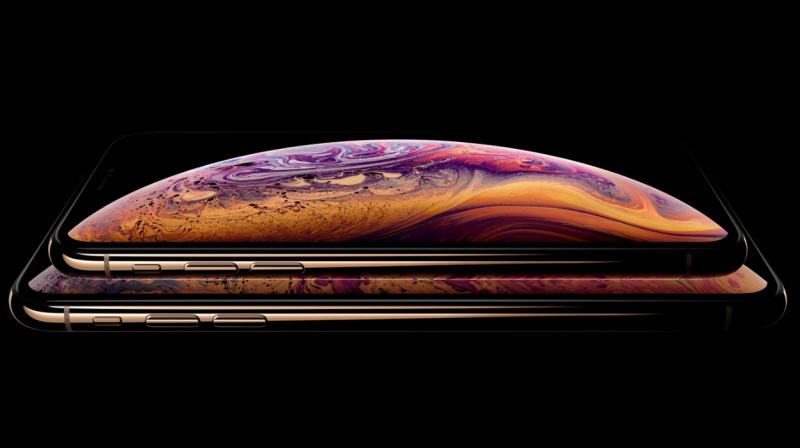US duties spare Apple gadgets but cloud industry takes a hit
18 September, 2018

The United States will spare Apple Inc’s Watch and other consumer gadgets from the latest round of tariffs on Chinese goods, according to a list of products released by the US Trade Representative (USTR) on Monday.
But parts for the computer servers and networking gear that power “cloud” data centres and Internet-based services now face a levy, as do some of the parts for the machines used to make semiconductors.
US President Donald Trump escalated his trade war with China on Monday, imposing 10 percent tariffs on about USD 200 billion worth of Chinese imports and he warned that if China takes retaliatory action against US farmers or industries, “we will immediately pursue phase three, which is tariffs on approximately USD 267 billion of additional imports.”
The administration’s proposal drew protest from technology companies earlier this year, but the final list of taxed devices from the USTR avoids many big consumer brand names and products.
The iPhone was not among the ‘wide range’ of products that Apple told regulators would be hit by the USD 200 billion round of tariffs in a September 5 comment letter to trade officials. Apple feared for its Apple Watch and its wireless AirPods headphones, but both were left off the list announced on Monday.
The new round of tariffs will take effect on Sept. 24 at a 10 percent level and rise to 25 percent on Jan. 1, 2019.
However, if Trump expands the tariffs to an additional USD 267 billion worth of goods then nearly every Chinese import would be affected, including the iPhone, along with all other smart phones. Apple shares fell 0.7 percent to USD 216.29 after hours.
In an earlier round of tariffs on USD 50 billion of goods, the Trump administration removed proposals on flat-panel television sets for the final list in June.
The new list would also spare fitness trackers from Fitbit Inc, which had said in a comment letter to regulators that the tariffs would compromise its own investment in the United States. Fitbit shares were up 0.6 percent to USD 5.48 after hours.
However, some products that help computer networks operate, such as routers, will remain on the new list, the official said. That could affect smaller technology firms such as Eero, a startup company that makes home routers and had asked to be exempted from the tariffs. Altogether about 300 product categories were given reprieves, including some non-tech consumer devices such as bicycle helmets and baby car seats.
Apple did not respond to a Reuters request for comment, and Fitbit and Eero declined to comment. Apple Chief Executive Tim Cook had dinner with US President Donald Trump last month, though neither gave details of discussions.
Apple had said the US tariffs would affect prices for a “wide range” of Apple products, including its Watch, in a letter commenting on administration proposals earlier this month.
“Our concern with these tariffs is that the US will be hardest hit, and that will result in lower US growth and competitiveness and higher prices for US consumers,” Apple said earlier in a letter commenting on the proposal.
After Apple’s comments, Trump said in a tweet said that there was an “easy solution” for Apple to avoid tariffs. “Make your products in the United States instead of China. Start building new plants now,” he tweeted on Sept. 8.
An array of equipment used to make servers and networking gear for data centres is on the list announced on Monday.
A group of tech companies including Cisco Systems Inc, Dell Technologies Inc, Hewlett-Packard Enterprise Co and Juniper Networks had asked that many of those items be dropped, but they remained on the list with only a few exceptions such as a group of networking-related accessories.
The group said in a comment to trade regulators on Sept. 6 that “by raising the cost of networking products, the proposed duties would impede the development and adoption of cloud-based services and infrastructure.”
Apple also told regulators earlier that some of the gear in its data centres was likely to be hit by tariffs.
The chip industry was also hit by the new levies.
Lam Research Corp, a company that makes gear for manufacturing chips, said in a Sept. 6 letter to trade regulators that duties on raw silicon, ceramic machinery parts and other items “add costs to our US manufacturing operations and reduce our competitiveness in the global semiconductor manufacturing market.” All of the items in Lam’s letter were included in the final list.
Neither Lam nor the group of enterprise technology companies immediately responded to request for comment.
